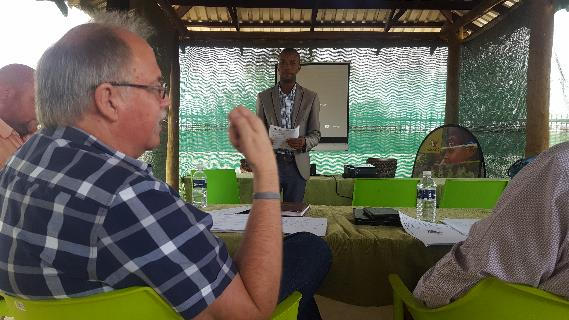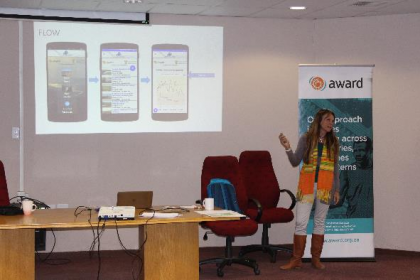
Working with disaster managers in municipalities
South Africa has pledged that municipalities will consider the impacts of climate change on basic services (via the Durban Charter). As a strategy to scale up the impacts of capacity development, we have focused on establishing learning networks to facilitate exchange of lessons, experiences and expertise with regards to climate change adaptation (CCA) amongst Disaster Managers at local and district levels. We have succeeded in establishing strategic partnerships amongst disaster management practitioners in Limpopo and Mpumalanga.
Highlights include:
- In November 2017 we facilitated the second round of learning exchanges for the Disaster Managers’ networks in Limpopo and Mpumalanga. These focused on planning and management of flood risk in the face of climate change, and application of geospatial information systems in disaster management.
- In July 2018, a shared learning event was held in partnership with the Limpopo branch of the Disaster Management Institute of South Africa (DMISA) at the Mopani Disaster Management Centre in Tzaneen. This was attended by Disaster Managers from district and local centres throughout the province.
- 65 disaster management stakeholders increased their capacity to adapt to climate change through this project. They have taken proactive, self-initiated steps to continue with network activities started by AWARD and have grown and developed their capacity to manage networks for learning and collaborative planning. AWARD will remain a member of these networks.

Sharon Pollard (AWARD) presenting a demonstration on the use of the Flow Tracker App as part of an early warning system to inform disaster management during the Shared Learning event in July.
Challenges have included limited access to information relevant to disaster management, much of which is held by private companies, institutional flux within local government, rigid institutional protocols which constrain innovation, and weak links within the Disaster Management Centre hierarchy.

